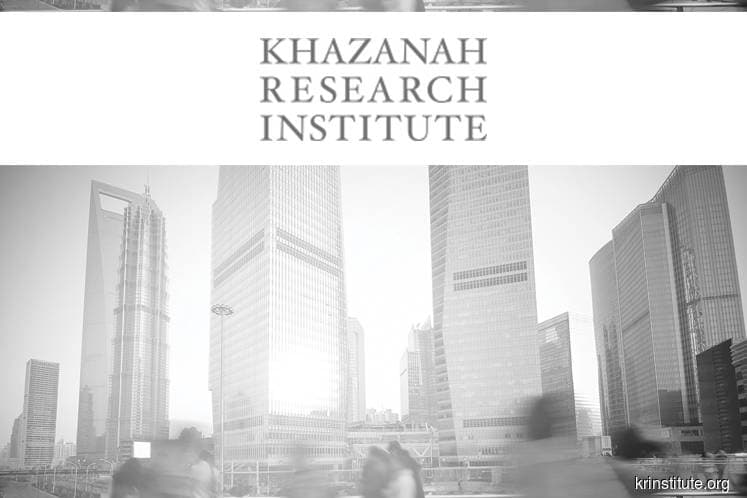
This article first appeared in The Edge Financial Daily on August 5, 2019
KUALA LUMPUR: Malaysia’s policy formulation on food security should not only emphasise supply, but also ensure that it is safe and nutritious to give a healthy diversified diet to the people, said Khazanah Research Institute (KRI).
Food security has been defined as when all people at all times have access to sufficient, safe, nutritious food to maintain a healthy and active life.
According to the Global Food Security Index, Malaysia ranked 40 out of 113 countries as at 2018.
KRI senior adviser Professor Dr Jomo Kwame Sundaram said as the nation’s population is projected to rise to 41.5 million by 2040, ministries and government agencies should approach food security issues in an integrated fashion to produce a multifaceted policy.
According to the Department of Statistics, Malaysia’s population in 2019 is estimated at 32.6 million. The population comprises 29.4 million citizens and 3.2 million non-citizens, the department said in a statement on July 15.
“We need to re-examine what the priority or policy should be,” said Jomo. “We also have to think about farmer welfare and put the needs of the consumers first. While we want to secure enough healthy food for the country, we also need to take care of our farmers and their income.
Speaking at a KRI round-table discussion on food security last Friday, Jomo added that Malaysia must move away from rice self-sufficiency as a determinant of food security, and instead make the agenda for an affordable healthy diet with good nutrition more urgent. Malaysia’s rice self-sufficiency is currently at about 70%, according to the agriculture ministry.
He also suggested that moving away from rice self-sufficiency to grow other crops will also be good for farmers who have long focused on just growing rice, trapping farmers in poverty with little income.
“The policy was started by the British and has continued to the present. When the British ruled us, the main concern was to maximise [yield] that colonies [like Malaya] could produce. The less rice imported, the better for them,” he said.
Referring to Singapore, Jomo said the island state does not produce a single bit of food on its own, yet it is considered to be among the top in food security according to the Global Food Security Index.
“So you can ensure food security through other means; you don’t have to produce everything yourself. What is important for us now is that our people have safe and nutritious food,” he said.
In its presentation, KRI said Malaysia is facing a “double burden” of malnutrition with rising prevalence of obesity as well as high levels of stunting. There are also other issues like micronutrient deficiencies, which lead to anaemia in women.
On food safety, KRI said lax enforcement of regulations affects the people’s health and the country’s food-export reputation.
It also noted the rise in antimicrobial resistance due to excessive use of antibiotics in food production. It explained that the rise in antimicrobial resistance would be detrimental to human health in the long run.
Furthermore, excessive pesticide usage contaminates food and threatens the food producers’ health, KRI said.